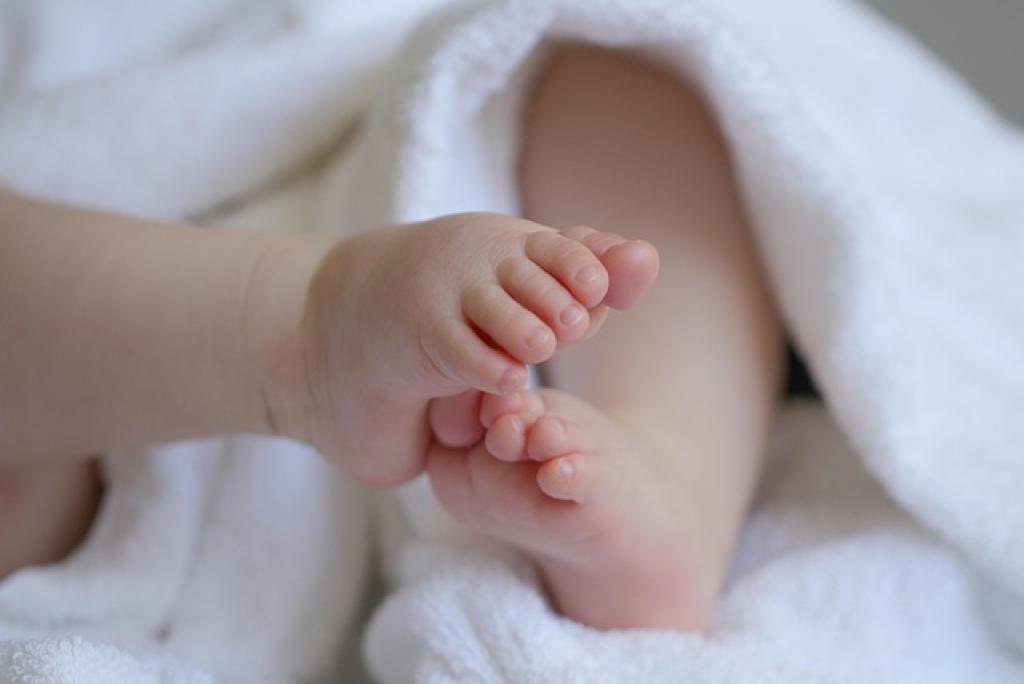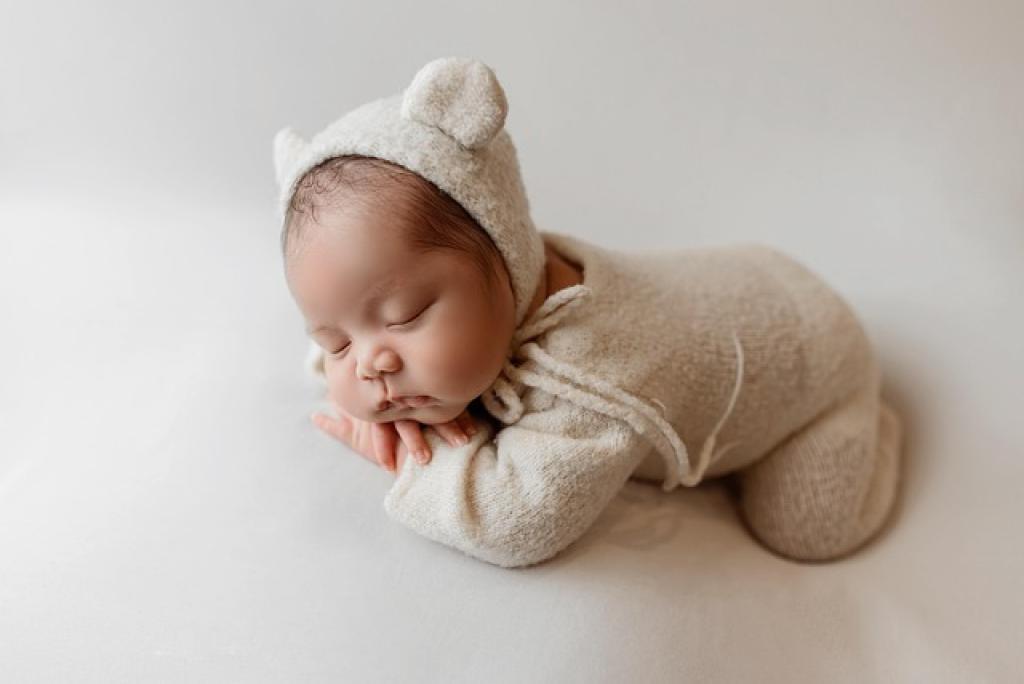As your little one reaches the 9-month mark, you are likely amazed at how fast time has flown by. Your baby is growing and changing every single day, and at this stage, you can expect to see some exciting developmental milestones. From physical advancements to cognitive leaps, understanding what to look for can help you track your baby’s progress and offer support along the way.
Physical Milestones
By 9 months of age, most babies are mastering the art of movement. Your little explorer may be crawling, pulling themselves up to stand, and maybe even taking a few wobbly steps while holding onto furniture. This newfound mobility is a significant achievement that signals your baby’s growing strength and coordination.
As they continue to develop their gross motor skills, you may notice your baby improving their ability to grasp objects. At this age, many infants can pick up small items using their thumb and forefinger in a neat pincer grip, allowing them to explore and interact with their environment in new ways.
Cognitive Development
In addition to physical advancements, 9-month-old babies are making great strides in their cognitive development. You may observe your little one becoming more curious and aware of their surroundings, showing interest in objects and people around them. Simple games like peek-a-boo can delight your baby as they begin to understand the concept of object permanence.
As their memory and recognition skills strengthen, you may notice your baby responding to their name, familiar faces, and even simple commands. This growing ability to communicate and engage with others is an important aspect of their cognitive development that paves the way for future learning and social interactions.

Social and Emotional Growth
At 9 months old, your baby is likely forming strong bonds with you and other caregivers. They may show signs of separation anxiety when you leave the room or display delight when you return. These emotional reactions are all part of your baby’s burgeoning sense of attachment and trust in their primary caregivers.
You may also notice your baby expressing a wider range of emotions, from joy and excitement to frustration and even fear. By responding sensitively to your baby’s cues and emotions, you are helping them develop a secure attachment and a foundation for healthy emotional regulation in the future.
Communication Skills
While your baby may not be speaking just yet, they are steadily working on their communication skills. By 9 months old, many infants can babble in a more purposeful manner, mimicking the cadence and intonation of speech. You may hear them experimenting with different sounds and gestures as they try to make themselves understood.
Listening and responding to your baby’s vocalizations is crucial for nurturing their language development. Encouraging their efforts to communicate, whether through babbling, gestures, or facial expressions, can help lay the groundwork for spoken language later on.
Feeding and Sleeping Patterns
As your baby continues to grow and develop, you may notice changes in their feeding and sleeping routines. By 9 months old, many infants are ready to transition to more solid foods alongside breast milk or formula. Introducing a variety of nutritious foods can help support your baby’s increasing energy needs and promote healthy growth.
On the sleeping front, some babies may start to consolidate their naps and sleep for more extended periods at night. Establishing a consistent bedtime routine and creating a calm sleep environment can help support healthy sleep habits for your little one.
Playtime and Exploration
Play is an essential part of your baby’s development, offering opportunities for learning and discovery, and fun. At 9 months old, your baby may enjoy toys that encourage exploration, such as shape sorters, stacking cups, and balls. Interactive games like pat-a-cake or playing with soft toys can also stimulate their developing senses and motor skills.
Creating a safe play space where your baby can move freely and explore their surroundings is vital for their physical and cognitive development. Supervised tummy time sessions and opportunities for independent play can help your little one build strength, coordination, and self-confidence.
The Bottom Line
As you celebrate your baby’s 9-month milestone, it’s essential to remember that every child develops at their own pace. While these developmental milestones offer a general guideline of what to expect, it’s crucial to focus on your baby’s individual strengths and needs. By providing love, support, and plenty of positive interactions, you are helping your little one thrive and reach their full potential step by step. Enjoy this exciting stage of your baby’s growth and cherish the precious moments along the way.
